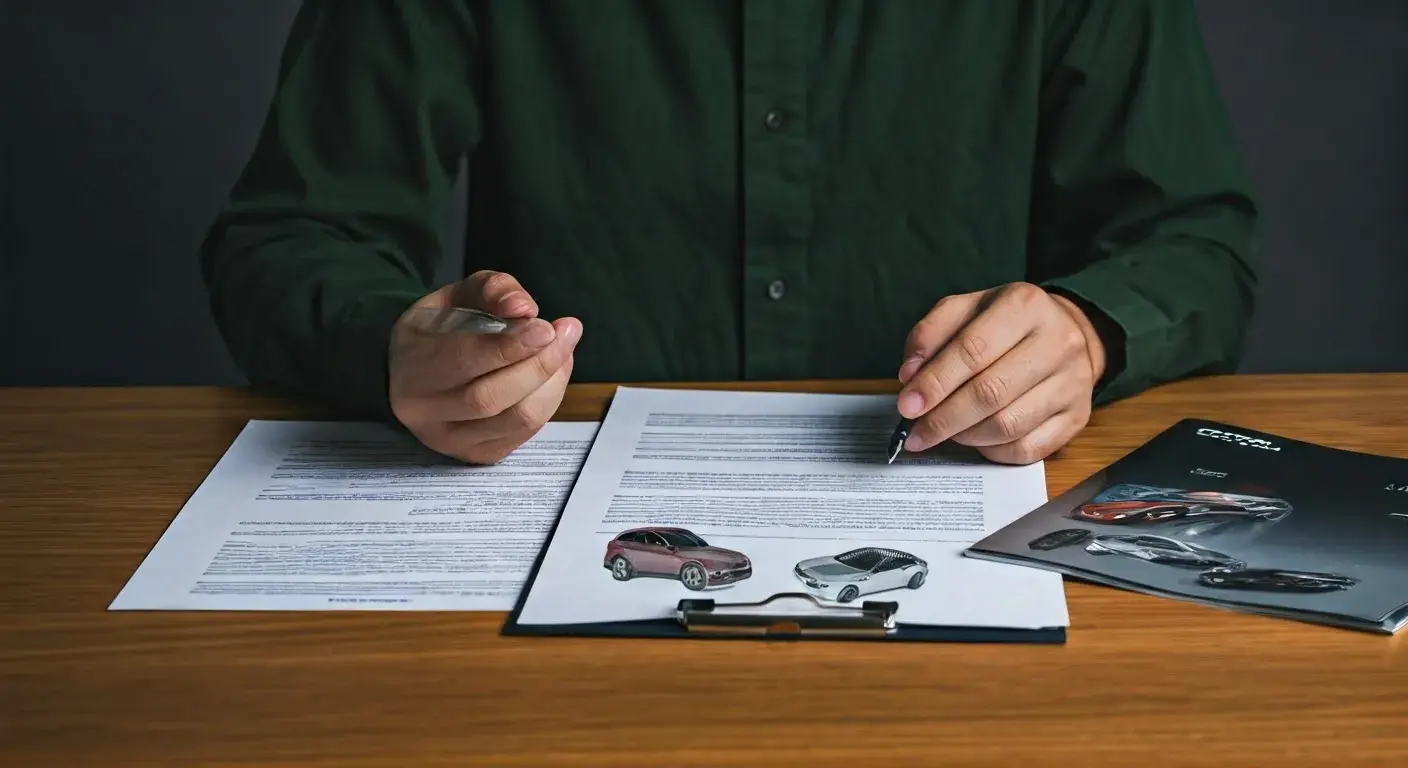-
Posted on: 24 Jul 2024

-
A credit score of 609 is considered a fair credit score which is below the average or what people refer to as a good credit score. Thus, there is no appreciable difference between the 609 credit score and the ability to buy a house, but the process will be slightly more complex and some additional measures may need to be taken.
The Challenges of a 609 Credit Score
However, being below the 620 credit score threshold may disqualify one from accessing mortgage financing from conventional financial institutions. It is typical for most standard mortgages to need a credit score of 620 or more The best rates, however, go to credit scores of 740 and above.
If you have a lower number such as 609, there will be even fewer choices in the mortgage, or there are high chances of higher interest rates, more stringent requirements, or a down payment that is a bit large. You also face the possibility of being declined any loan at all if the other credit histories are not good.
When evaluating the risk, lenders consider borrowers with lower scores to be risky. It simply means you have had a history of missed payments, utilizing credit cards to the maximum, or have certain behaviors that could make you a high risk of paying back a larger amount such as a mortgage. Thus, to offset that risk, lenders get to charge you way more in interest than what you would normally have to pay.
Some of the ways that can help increase one’s likelihood of success include:
All in all, even though it may be a daunting task, it is still possible for any individual to own a house if they are willing to do proper research and planning. Although it is practically impossible to increase your FICO score instantly, the following tips can help you improve your mortgage candidacy if your score is 609:
• Show responsible use of credit – It is advisable to pay down credit card, auto, and student loan balances so that your credit score utilization ratio is good, and creditors can see you are capable of managing credit obligations.
• Being an authorized user – You can request one of your friends or relatives – preferably, someone who has been using credit cards for years and who has never missed a payment option. This can help to ride on the good habits to your report as well. The following are the reasons why poor habits should not be encouraged in the workplace;
• Dispute errors – As for all three credit reports, see the mistakes that are pulling down your score unjustly and file a dispute. Challenges may result in the improvement of your rating in case the challenge is successful.
• Do not apply for credit – Every time you apply for credit, it pulls a hard credit check and this drops the score slightly. No new credit shall be taken by the buyer.
• Non-mortgage payment history: Though they are not taken into account during the mortgage approval, rent or utility bills or even mobile phone bills help to create a generally good payment history.
Loans Worth Seeking For customers with lower credit ratings, the following kinds of mortgages could provide additional flexibility: For customers with lower credit ratings, the following kinds of mortgages could provide additional flexibility:
• FHA loans: This is still one of the most sought-after programs for those with a FICO score of 580 or below. They only need a 3.5% down payment, and the loan-offering banks are much more permissive on credit standards. Though you pay for mortgage insurance, the interest rates are slightly cheaper, and closing fees are reduced as well.
• VA loans: Minimum scores for the ACT, SAT, and GPA do not apply if one meets army requirements. Offers a full financing of home purchase meaning that the borrower does not have to come with any down payment. Moreover, no monthly mortgage insurance premiums shall be paid as well. There are of course requirements such as; eligibility depending on the length and other circumstances of your service though.
• USDA loans: Only for properties located in rural zones, however, the credit scores are not considered and there is no minimum credit score required. This means that a loan does not require any down payment and this is because 100% financing is available. Lenient standards of income and home appraisal also enable borrowers to qualify for loans.
• Subprime mortgages: Available through a limited number of ‘specialty’ lenders to purchasers with personal credit scores of 620 or less. Standard interest rates are normally much higher and the repayment conditions are also more demanding (like higher cash down, and shorter loan durations) which helps to mitigate the risks of low scores. Take a little time to look around for the best subprime lender among all the available ones.
Credit score is very important and even though it may not be possible to boost your credit score significantly in the months before seeking a home mortgage, this is one area that can be very rewarding if you take the time to improve it as much as possible. However, by following the right loan strategy, having a home of your own is still very much achievable despite your poor credit status.
Struggling with bad credit? Dial (888) 803-7889 for expert credit repair assistance!










